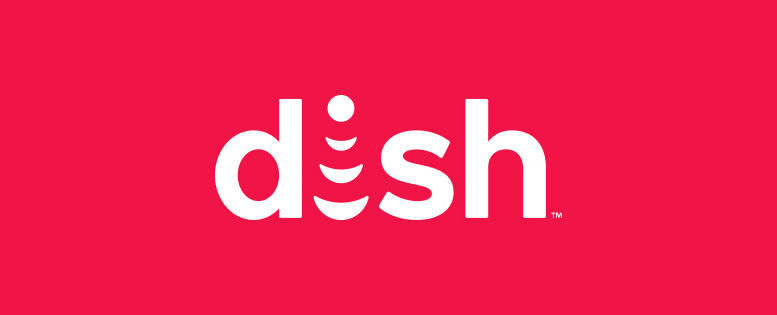You don’t hear much about channel blackouts on pay-TV providers. After a particularly bad year or two back in the last decade, it seems like both sides realized that protracted channel blackouts don’t help anyone. And yet, here we are in 2020, with other things on our minds, and all of a sudden DISH has been hit with two channel blackouts.
Why do channel blackouts happen?
The easy answer is, the contract between content providers and the pay TV company expired, and it wasn’t renewed in time. This is almost always due to a disagreement about money. The channels themselves want more, and the pay-TV company doesn’t want to pay more. You don’t want to pay more either, so you hope the pay-TV company wins.
Things get a little more complicated when you’re talking about local channels. When it comes to local channels, the channel owner has two choices. They can demand that the pay-TV company carry the channel, in which case it has to be carried for free. Or, they can charge the pay-TV company for carriage with no guarantee that the channel will be carried. You can guess which option is more popular.
Local station owners who rely on commercials for revenue are fond of charging, since most pay TV companies insert their own ads over the ones in broadcasts. Knowing that the actual number of people who will see the ads is lower than it could be, they can’t charge as much and they need to make up that revenue.
Not that I’m particularly sympathetic to channel owners.
Average ratings for TV have gone down steadily year over year since the start of the millennium. At a time when there are more people on the planet than ever before, the number of people watching a particular broadcast show is down well over 90% in most cases. And yet, those broadcasters want an ever-growing piece of the pie at a time when pay-TV companies are making less profit than ever before.
This makes even less sense to me than it did 10 years ago. Pay TV companies need content providers; the content providers need them right back. If both sides cooperate to provide a “frictionless” TV experience at a fair price, then people will stay with pay-TV. If they don’t, even more people will cut the cord. I just don’t get how it’s that hard to understand. In fact I think most content providers do understand it, which is why there haven’t been as many blackouts.
Making it worse…
This millennium has seen massive consolidation in TV markets. Generations ago it was illegal for a company to own more than five stations; today there are practically no limits. Giants like Sinclair can own hundreds of stations if they want.
Who are the culprits this time?
In this case we’re talking about two groups. DISH is fighting with Apollo Global Management, owner of 14 stations across the country, as well as Scripps, owner of 42 stations including network affiliates in New York and San Diego.
Honestly though, this is par for the course, which is the problem. As wacky as this year has been, it seems the one constant is summertime blackouts, which have happened almost every year to one of the major pay-TV players. These blackouts miraculously come to an end a day or two before some new television starts to run. Which of course, makes you think that they could have been resolved at any time.
Don’t let them take your TV channels away
You don’t have to deal with local blackouts. You can get an antenna from Solid Signal and get free local channels that no one can take away. There are other options, sure, but if you’re looking for free TV the way it was meant to be seen, the best option is an antenna. And of course, the best choice for antennas is SolidSignal.com.





